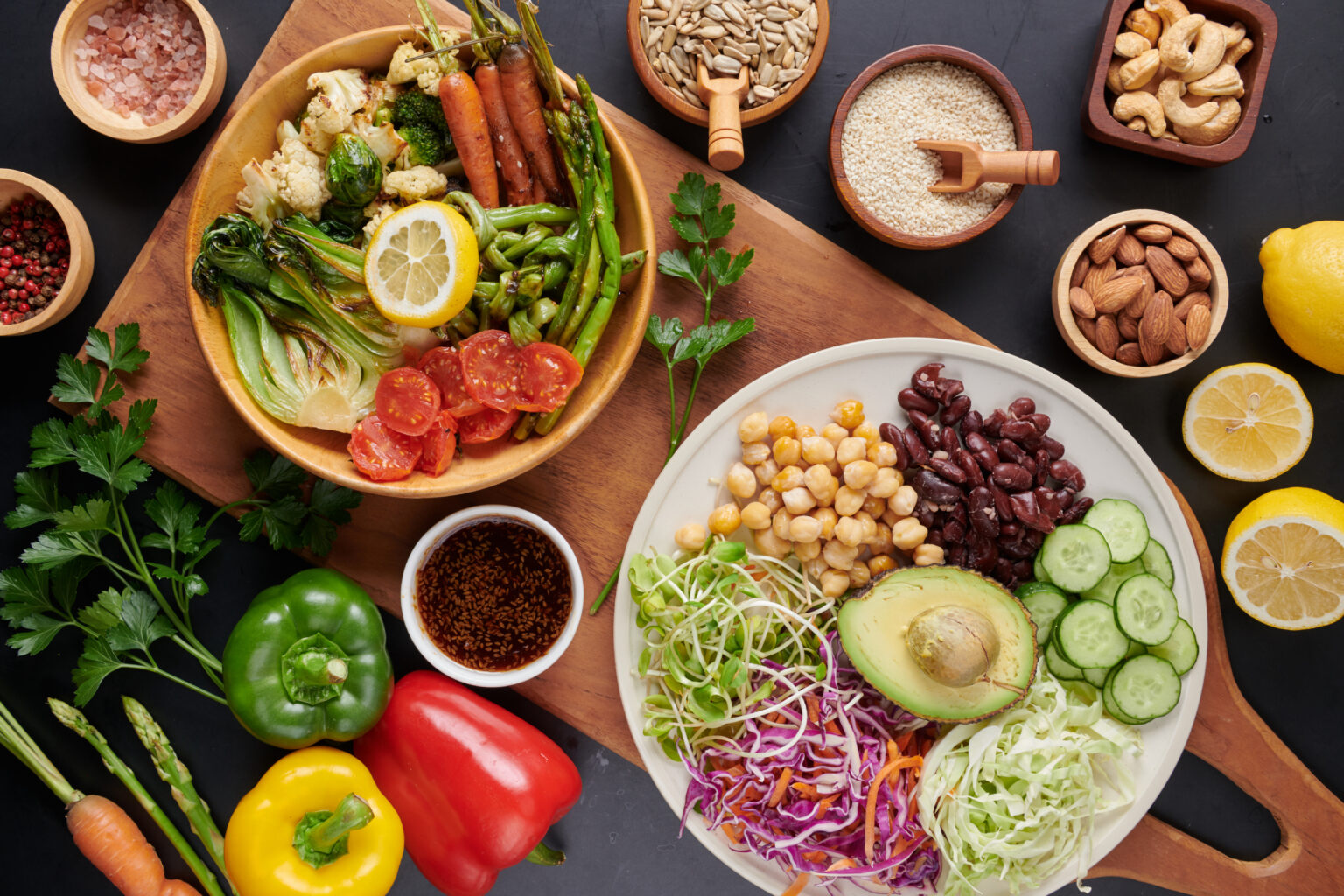Maintaining a balanced diet is essential for optimal health and well-being. Incorporating a variety of nutrient-dense foods into your weekly meals can help boost your energy levels, support your immune system, and reduce the risk of chronic diseases. Here are ten of the healthiest foods you should consider including in your diet every week.
1. Leafy Greens
Leafy greens, such as spinach, kale, and Swiss chard, are packed with vitamins A, C, and K, as well as minerals like calcium and iron. They are low in calories and high in fiber, making them great for weight management and digestive health. Incorporate them into salads, smoothies, or sautéed as a side dish.
2. Berries
Berries, including blueberries, strawberries, and raspberries, are rich in antioxidants, particularly vitamin C and flavonoids. They are known for their anti-inflammatory properties and can improve heart health, brain function, and blood sugar levels. Enjoy them fresh, in yogurt, or blended into smoothies.
3. Salmon
Salmon is an excellent source of omega-3 fatty acids, which are essential for heart and brain health. It is also high in protein and provides important nutrients like vitamin D and selenium. Aim to include fatty fish like salmon in your diet at least once a week, whether grilled, baked, or in sushi.
4. Nuts and Seeds
Nuts (such as almonds, walnuts, and pistachios) and seeds (like chia seeds and flaxseeds) are nutrient-dense foods rich in healthy fats, protein, fiber, and vitamins. They can help lower cholesterol levels and promote heart health. Snack on a handful or add them to salads, oatmeal, or smoothies.
5. Quinoa
Quinoa is a whole grain that is gluten-free and high in protein, fiber, and various vitamins and minerals. It is one of the few plant foods that provide complete protein, meaning it contains all nine essential amino acids. Use quinoa as a base for salads, bowls, or as a side dish.
6. Sweet Potatoes
Sweet potatoes are an excellent source of beta-carotene, vitamin C, and dietary fiber. They have a low glycemic index, which means they can help regulate blood sugar levels. Enjoy them baked, mashed, or in soups and stews for a nutritious and filling addition to your meals.
7. Greek Yogurt
Greek yogurt is high in protein and probiotics, which support gut health. It contains less sugar than regular yogurt and can help keep you feeling full longer. Use Greek yogurt as a base for smoothies, a topping for fruit, or in salad dressings.
8. Lentils
Lentils are a fantastic plant-based protein source, high in fiber, iron, and other essential nutrients. They can help regulate blood sugar levels and promote heart health. Incorporate lentils into soups, stews, salads, or as a meat substitute in various dishes.
9. Avocado
Avocados are loaded with healthy monounsaturated fats, fiber, and a variety of vitamins and minerals, including potassium. They can help lower bad cholesterol levels and are known for their anti-inflammatory properties. Add sliced avocado to salads, sandwiches, or smoothies.
10. Broccoli
Broccoli is a cruciferous vegetable rich in vitamins C, K, and folate, as well as fiber and antioxidants. It has been linked to a lower risk of cancer and can support heart health. Enjoy broccoli steamed, roasted, or raw in salads for a nutritious boost.
Incorporating these ten healthy foods into your weekly diet can enhance your overall health and well-being. They provide essential nutrients, promote heart health, and support your immune system. Aim for a balanced and varied diet that includes a wide range of fruits, vegetables, whole grains, lean proteins, and healthy fats to maximize your health benefits. By making mindful food choices, you can fuel your body and enjoy a healthier lifestyle.








